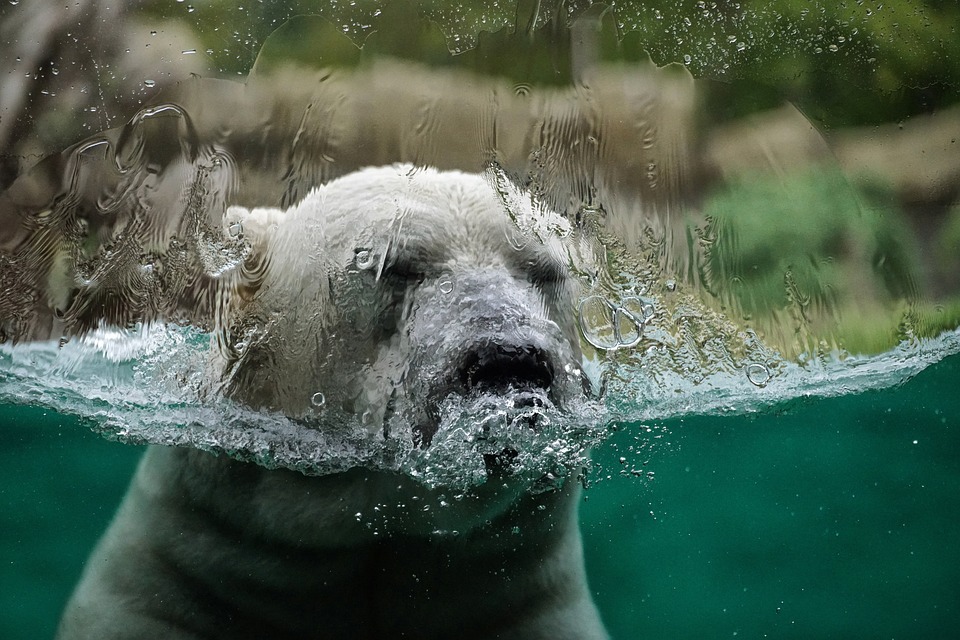Beyond the Ice: Uncovering the Mysteries of Polar Expeditions
Polar expeditions have long captured the imagination of adventurers, scientists, and explorers alike. The rugged beauty of the icy landscapes, the thrill of facing extreme conditions, and the quest to unravel the mysteries of the Arctic and Antarctic regions have drawn countless individuals to embark on daring journeys into the unknown. These expeditions have not only pushed the limits of human endurance but have also led to groundbreaking discoveries that have expanded our understanding of the world we inhabit.
The Arctic Expedition
One of the most famous polar expeditions in history is undoubtedly the race to the North Pole. In the late 19th and early 20th centuries, explorers from various countries set out to be the first to reach this elusive point at the top of the world. The most well-known of these expeditions was led by Robert Peary, who claimed to have reached the North Pole in 1909. However, his achievement has been the subject of much debate and controversy, with some scholars questioning the accuracy of his claims.
Another notable Arctic expedition was the ill-fated voyage of the USS Jeanette in 1879. Commanded by George W. De Long, the ship became trapped in the ice and eventually sank, forcing the crew to trek over the frozen wasteland in a desperate bid for survival. The harrowing journey was fraught with hardships, and only a handful of the men made it back alive. Despite the tragic outcome, the expedition yielded valuable scientific data that helped advance our knowledge of the Arctic region.
The Antarctic Expedition
In contrast to the Arctic, which is an ocean surrounded by land, the Antarctic is a continent surrounded by water. The first successful expedition to reach the South Pole was led by Roald Amundsen in 1911, who beat out his rival Robert Falcon Scott in a dramatic race to the pole. Amundsen’s meticulous planning and use of sled dogs gave him the edge over Scott, whose team perished on the return journey.
One of the most famous Antarctic expeditions is undoubtedly the ill-fated journey of Sir Ernest Shackleton and his crew aboard the Endurance in 1914. Their ship became trapped in the ice and eventually sank, leaving the men stranded on the frozen wasteland. Shackleton’s remarkable leadership and courage in the face of adversity helped to ensure the survival of his crew, who were eventually rescued after a grueling ordeal lasting over a year.
Scientific Discoveries
Despite the dangers and hardships of polar expeditions, they have yielded invaluable scientific discoveries that have advanced our understanding of the Earth’s climate, geology, and ecosystems. Researchers have uncovered evidence of past climates, studied the effects of global warming, and explored the unique flora and fauna that inhabit these extreme environments.
One of the most significant discoveries in recent years is the melting of the polar ice caps, which has been linked to rising global temperatures. Scientists have used data collected from expeditions to study the effects of climate change on the Arctic and Antarctic regions, as well as its impacts on the rest of the planet.
Challenges and Dangers
Polar expeditions are not for the faint of heart. The extreme cold, high winds, and treacherous conditions pose significant challenges to even the most experienced explorers. Frostbite, hypothermia, and polar bears are just a few of the dangers that adventurers must contend with when embarking on a journey to the poles.
In addition to physical hardships, polar expeditions also present psychological challenges. The isolation, darkness, and harsh environment can take a toll on even the most resilient individuals, leading to feelings of loneliness, depression, and anxiety. It takes a special kind of person to thrive in such extreme conditions and come out on the other side stronger and wiser.
The Future of Polar Exploration
As technology continues to advance, the possibilities for polar exploration are expanding. Drones, satellite imagery, and other high-tech tools are revolutionizing the way we study and explore the polar regions, providing researchers with new insights into these remote and inhospitable environments.
Despite the many challenges and dangers, polar expeditions continue to captivate the imagination of adventurers and scientists alike. The thrill of facing the unknown, the beauty of the icy landscapes, and the quest to uncover the mysteries of the poles will always draw individuals to push the boundaries of what is possible. From the daring explorers of the past to the pioneering researchers of today, those who venture beyond the ice into the frozen wilderness will forever be remembered for their courage, determination, and spirit of discovery.
